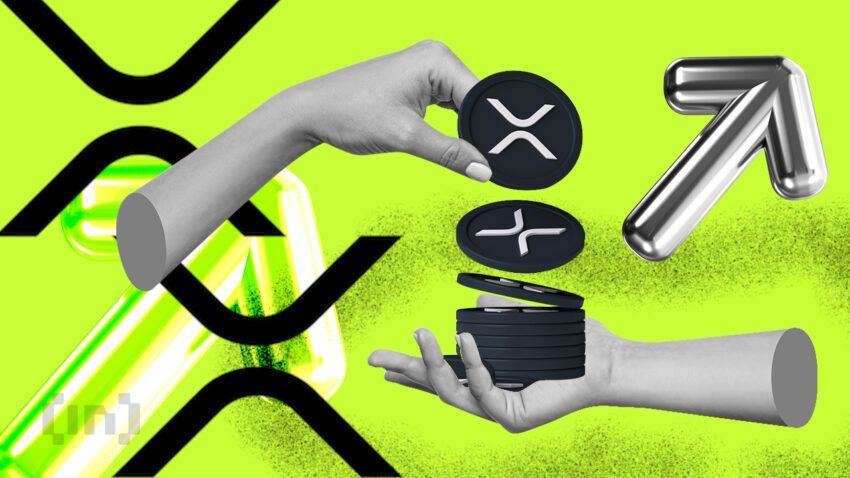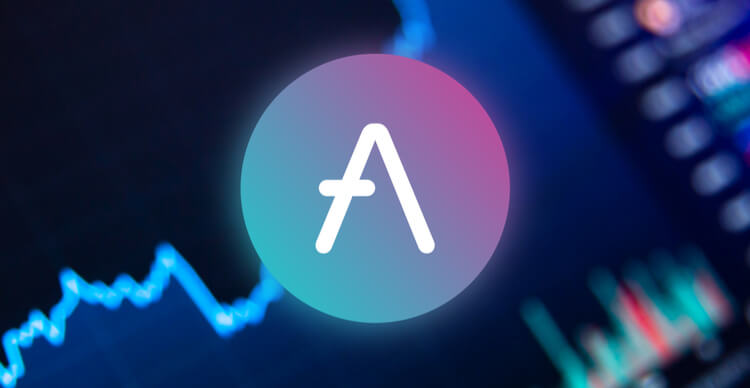A quick look at Solana’s rising star project Solayer
Original title: "A Quick Look at Solana's Re-staking Rising Star Project Solayer"
Original author: shaofaye123, Foresight News
The market is gradually warming up, and the sanctum airdrop has landed, but the response is not as expected. With a large amount of funds "unlocked", what will be the next project in the Solana ecosystem that is worth paying attention to and will attract large amounts of capital inflows?
As a rising star project of Solana's re-staking, Solayer announced on July 2 that it had completed the builder round of financing, and the investment lineup is also quite strong. As of July 15, the TVL on its platform has exceeded 120 million. With the expected support of the airdrop, can Solayer attract more capital inflows and how to participate in the project? This article will take you to quickly understand this new Solana re-staking project.

Source:https://defillama.com/airdrops?chain=Solana
What is Solayer?
Solayer is a re-staking protocol for the Solana ecosystem. By leveraging its advantages as a decentralized cloud infrastructure, it can support SOL holders to stake their assets to other protocols or DApp services within the Solana ecosystem that require security and trust. In addition to POS staking income, they can also obtain MEV and AVS and other income. Currently, Solayer supports users to deposit native SOL, mSOL, JitoSOL and other assets.
Solayer uses Solana's stakers as validators, thereby providing a high degree of decentralization and security, avoiding the trust risk of centralized service providers or their own tokens. Provides a simple way for decentralized applications (DApps) to create their own AVS LST. These tokens use Solana's native staking yield as a base reward, as well as additional MEV earnings. DApps can also earn part of the staking commission, and in the future can also configure underlying operators for staking delegation.

Source: https://docs.solayer.org/
Solayer's role can be summarized in a simpler and more straightforward way. Imagine Solana as a highway, with different lanes charging different fees and congestion levels, and different DApps as cars passing through, with different speeds and acceptable fees. Solayer plays the role of coordinating cars, highways, toll collectors, etc. by accepting user funds.

Source: https://docs.solayer.org/
Financing
Solayer currently has no institutional investors, but judging from the builder round of financing announced on July 2, its investors are also quite strong, including Solana Labs co-founder Anatoly Yakovenko, Solend founder Rooter, Tensor co-founder Richard Wu, Polygon co-founder Sandeep Nailwal, etc.

Source:https://x.com/solayer_labs/status/1807797264934678588
EigenLayer on Solana: Exogenous AVS and Endogenous AVS
As Solana's EigenLayer, the functional difference is mainly reflected in the different main problems that the re-staking system focuses on solving.
EigenLayer's re-staking is mainly used for Ethereum expansion solutions, but Solana, as an integrated blockchain, does not rely on Layer 2 compared to the modular Ethereum, and the re-staking system built needs to focus more on applications. Solayer is not only used for exogenous AVS (Exogenous - Actively Validated Services), but also focuses on endogenous AVS (Endogenous - Actively Validated Services) on the Solana blockchain. The goal is to provide decentralized applications (DApps) on the Solana chain with larger block space and the possibility of priority transactions.
Solayer calls Eigenlayer’s restaking design Exogenous Active Validation Services (AVS). These systems are off-chain or outside of the Ethereum mainchain and can leverage Ethereum’s proof-of-stake security.
Define this as Exogenous AVS: Systems off-chain or outside of the main network that share proof-of-stake security.
For example: cross-chain bridges, shared sorters, oracle networks, etc.

Source: https://docs.solayer.org/
Solayer redefines restaking for Solana while addressing both the security and performance issues that developers need. Especially as the underlying L1 network becomes more congested. Proposed endogenous AVS: Solana native programs that configure application security and throughput using SOL PoS.
Define it as Endogenous AVS: Dedicated to supporting decentralized applications (DApps) on the mainnet chain. The goal is to provide DApps on the chain with greater possibilities to secure block space and prioritize transaction inclusion.

Source: https://docs.solayer.org/
In addition, the Solayer AVS unbinding process is managed separately by the delegation manager. To provide greater flexibility, Solayer allows them to design their own unbinding process, with a maximum unbinding time of no more than 2 days. Solayer will also provide an emergency exit mechanism to release bound assets from users when AVS stops functioning.
How to re-stake on Solayer?
Solayer Labs is developing its own multi-stage points program, which also prioritizes early participants. Solayer's earliest depositors (whitelisted as early supporters) will have 24 hours to deposit any amount, and the multiplier effect of the number of points will be higher.
In the first phase, starting from May 27, the total locked value (TVL) of cycle 1 is capped at 50 million US dollars. As of June 15, the locked amount has reached the upper limit. During this period, depositing more than 10 Sol can unlock a permanent invitation code and enter the task interface. Completing more than 3 tasks can get higher points. The tasks are similar to other projects, such as inviting friends, depositing LST, and depositing more than two stages.
Currently, in the third phase, TVL has no upper limit and can be pledged at any time. Compared with other currencies, native Sol deposits can obtain more points.

Re-pledge security and future
Re-pledge projects derived from liquidity pledge can use idle pledged assets to obtain additional income, which expands the security of the base layer for Ethereum. However, for Solana, there are still many doubts about whether re-pledge is needed. Ryan Connor of Blockworks Research believes that Ethereum is a "modular" blockchain; relying on Layer 2 to run, its huge pledged asset base makes re-pledge highly practical. As an "integrated" blockchain, Solana's demand is much smaller than that of Ethereum and other modular systems. In addition, the protocol and nesting doll risks of re-pledge itself also worry many users. Lack of trust in the protocol, fear of hacker attacks, etc. are time bombs. But Solayer, as the re-staking protocol with the highest locked volume on Solana, is still worthy of attention.
Original link
欢迎加入律动 BlockBeats 官方社群:
Telegram 订阅群: https://t.me/theblockbeats
Telegram 交流群: https://t.me/BlockBeats_App
Twitter 官方账号: https://twitter.com/BlockBeatsAsia
Disclaimer: The content of this article solely reflects the author's opinion and does not represent the platform in any capacity. This article is not intended to serve as a reference for making investment decisions.
You may also like
XRP Surges to Weekly High as Demand Spikes and Bulls Take Charge
XRP rebounds to a weekly high, supported by a bullish MACD golden cross and rising CMF levels. Bulls are eyeing $2.29 and beyond if momentum holds.

New York Considers Bitcoin Adoption for State-Level Transactions
Attorney General Letitia James is calling for stronger federal crypto regulation to address issues such as money laundering, investor protection, and financial stability.

BTC Weekly Candle Closes at $80K After Bounce From 74.4K Support

Hedera price targets $0.19 after brief 1% spike
